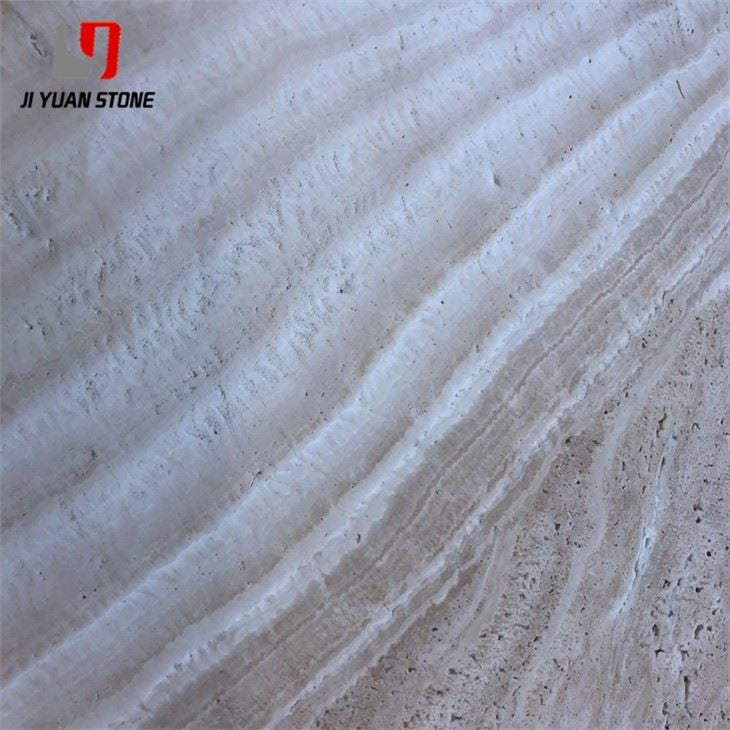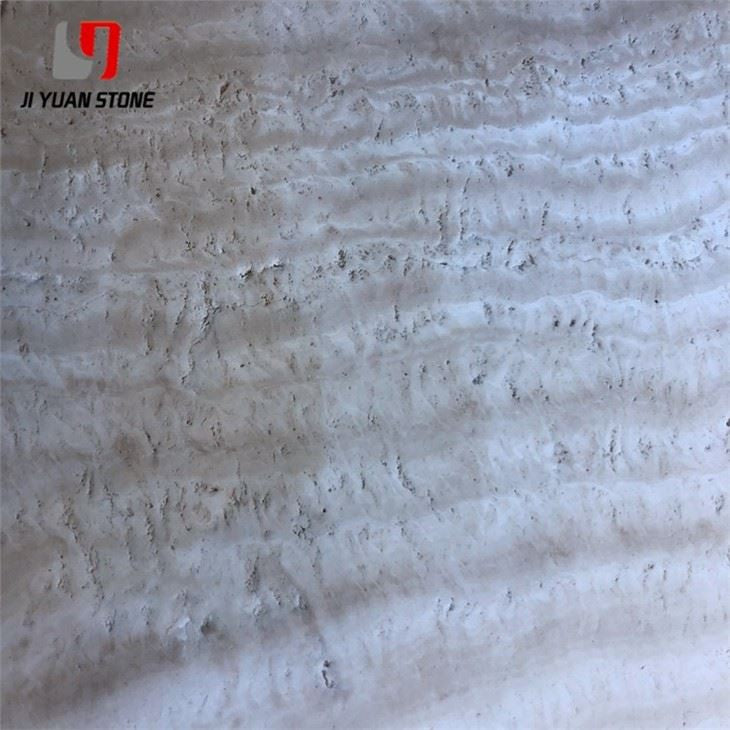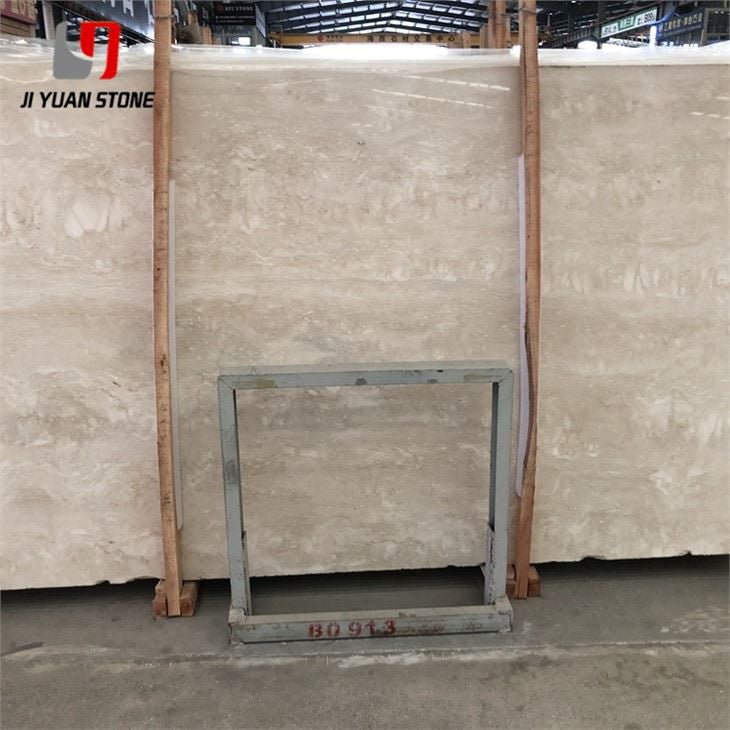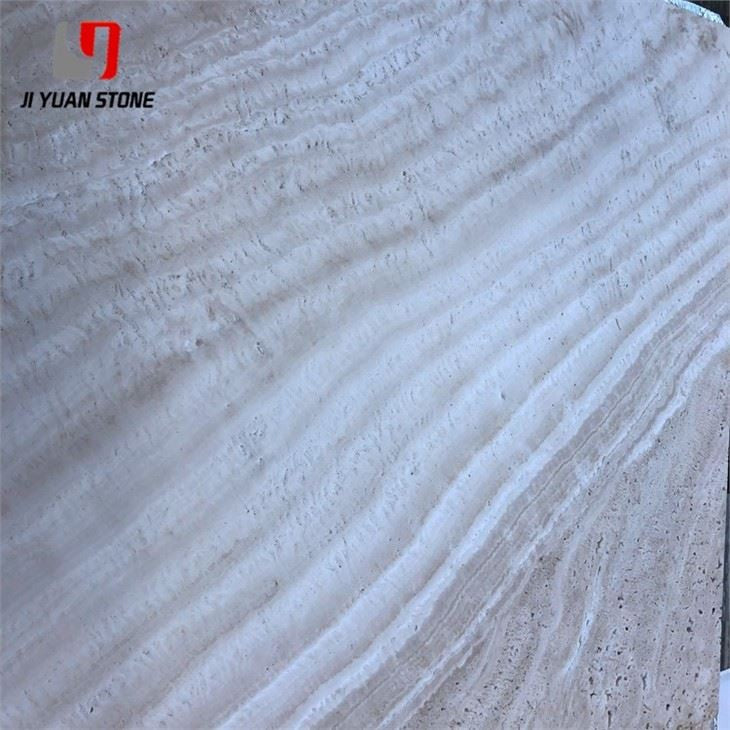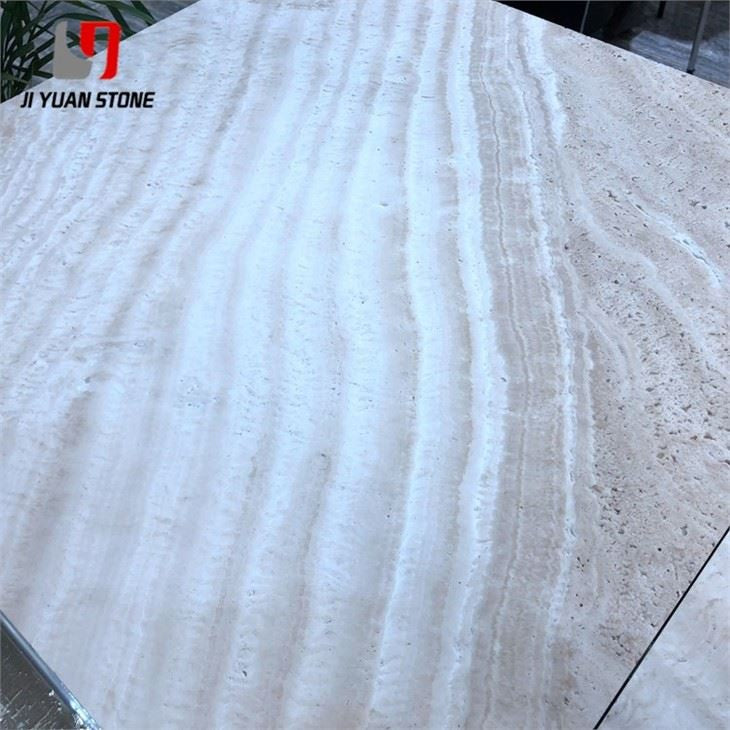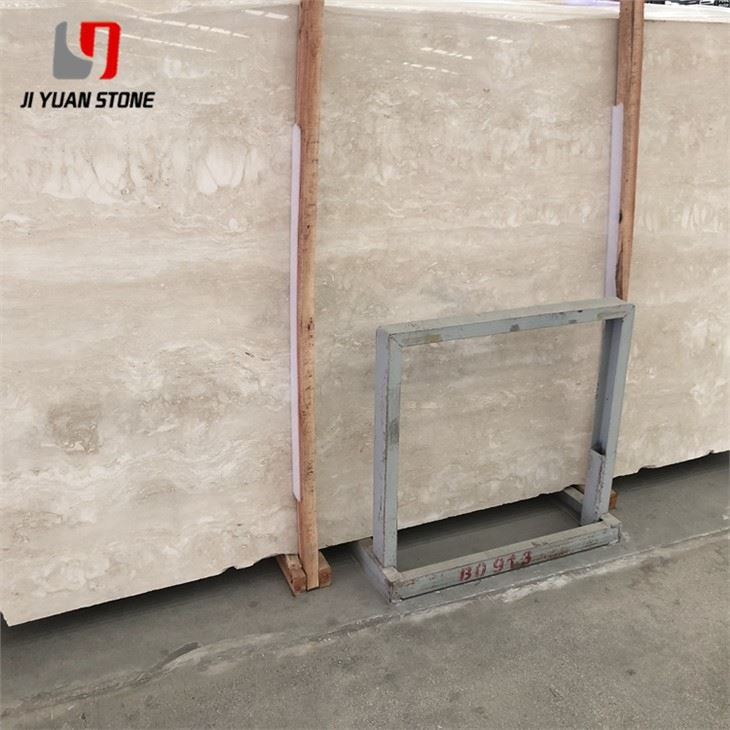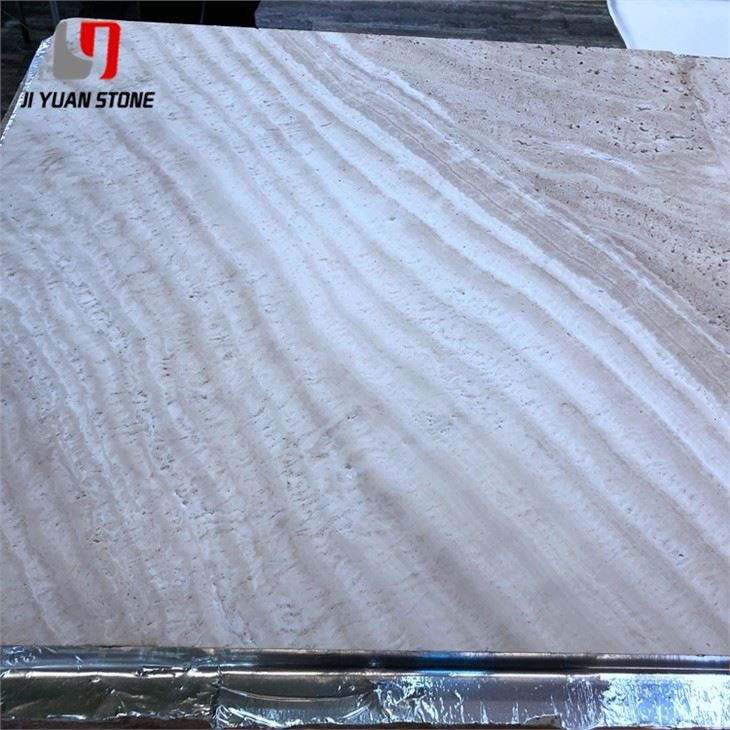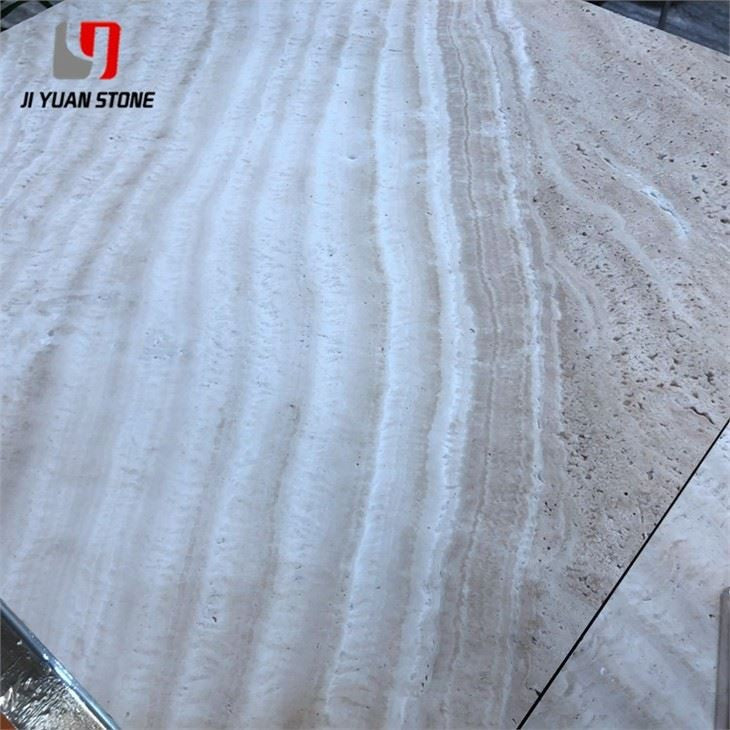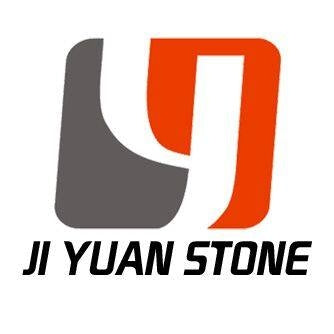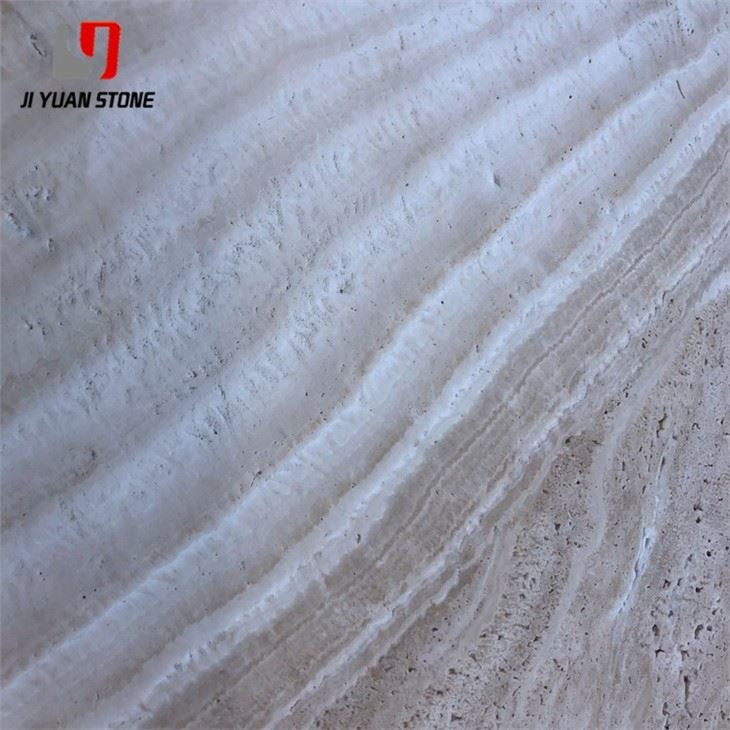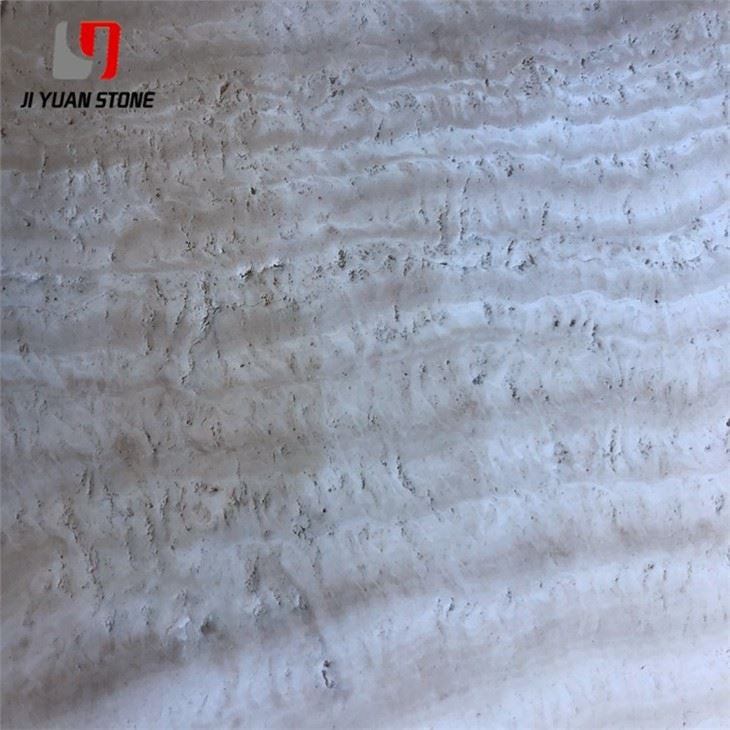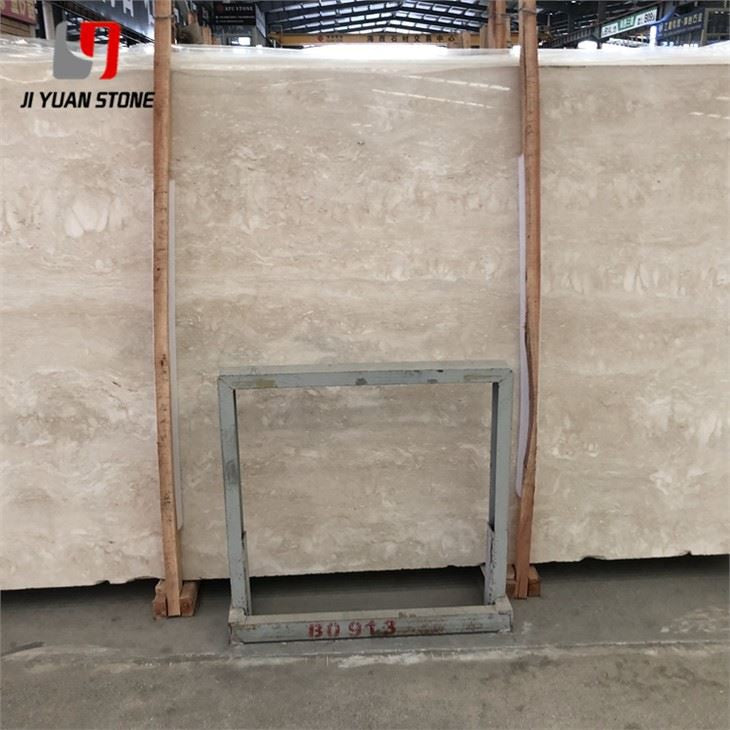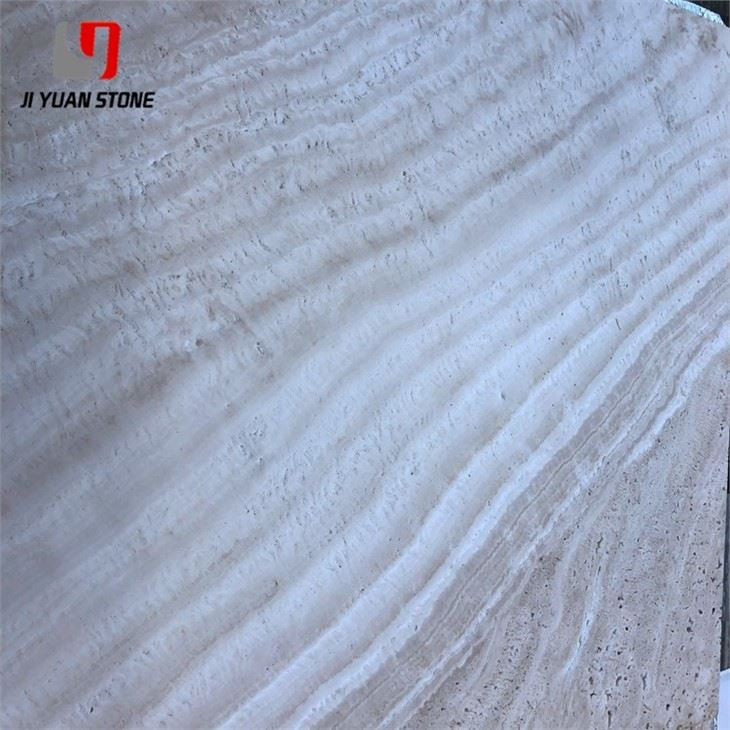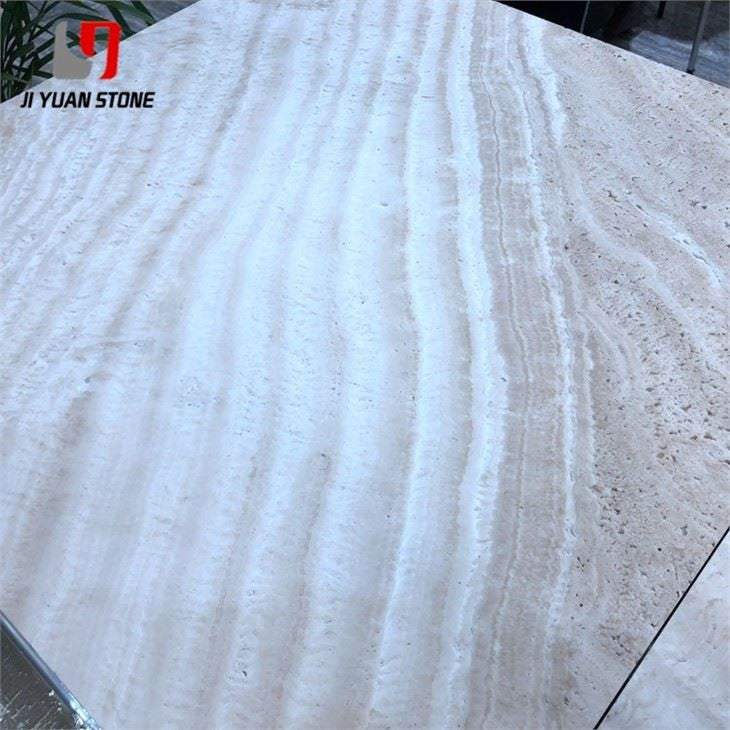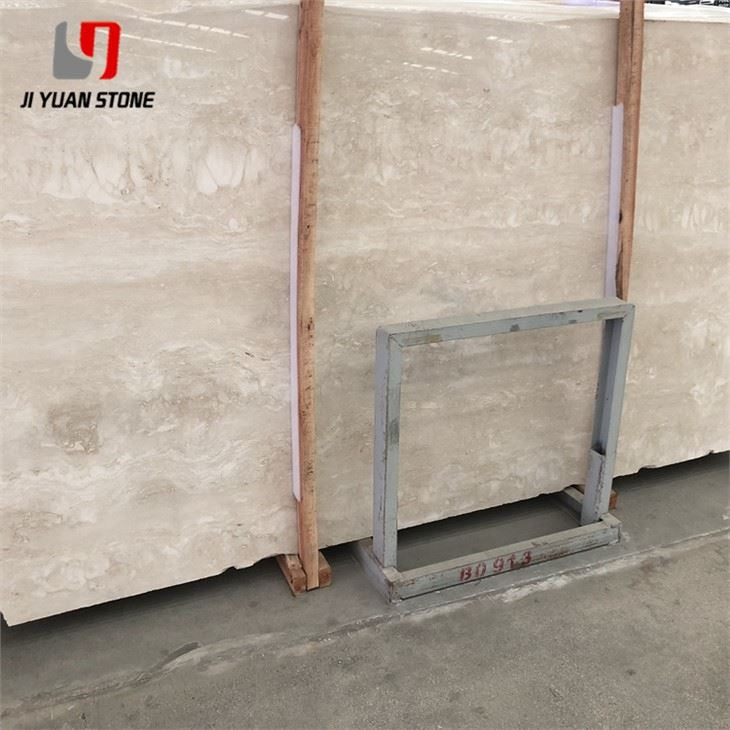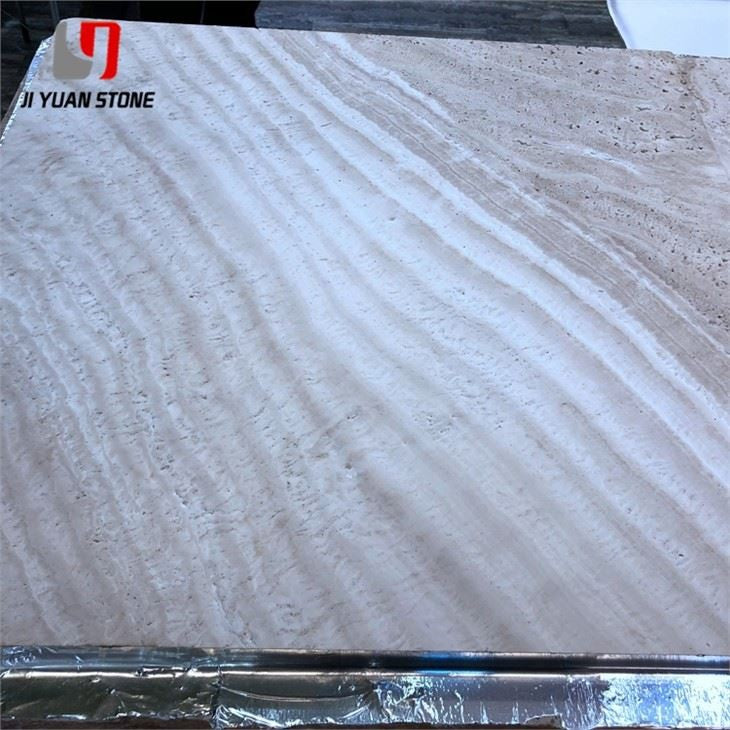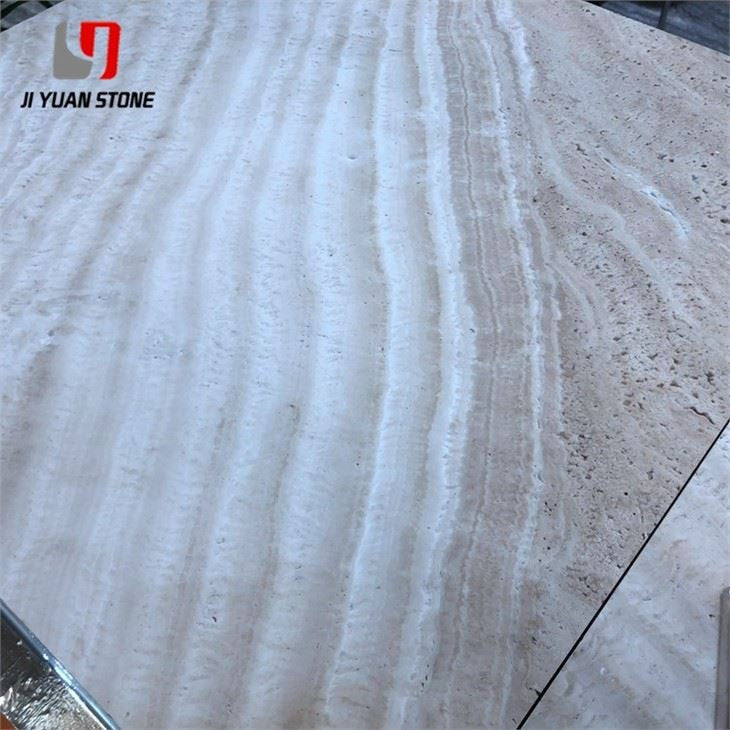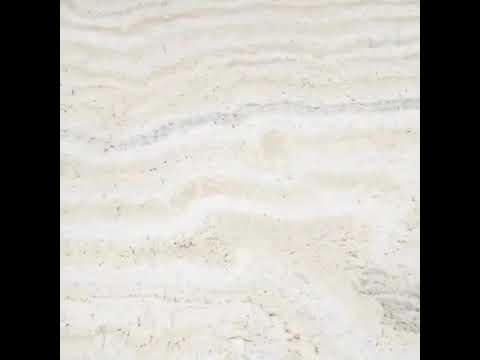Roman Ivory Travertine
Roman Ivory Travertine
Roman Ivory Travertine – Classic Beauty with Technical Precision
Roman Ivory Travertine is a luxurious and durable natural stone. With its unique veining and pale cream color, this travertine is ideal for adding a touch of elegance and sophistication to any space. Its strength and resistance to moisture make it suitable for various applications, such as flooring, countertops, and backsplashes. Experience the timeless beauty and functionality of Roman Ivory Travertine.
Roman Ivory Travertine is a highly sought-after natural stone, known for its warm beige tones, natural veining, and subtle texture. Ideal for interior flooring, accent walls, and selected exterior applications, this stone offers a timeless appearance rooted in classical Roman architecture.
However, due to its natural properties, special attention must be paid during selection, handling, installation, and maintenance to ensure optimal performance and long-term safety.
✅ Key Features of Roman Ivory Travertine:
- 🏛️ Authentic Roman Look:
With soft ivory hues and unique natural textures, this travertine instantly elevates any space with a sense of sophistication and age-old beauty. - 📏 Customizable for Floors & Walls:
Roman Ivory Travertine is commonly used for large-format wall cladding, indoor floor tiles, columns, and even exterior applications under controlled environments. - 🧱 Natural Characteristics & Risks:
Despite its visual appeal, this stone type has a relatively high true density but low bulk density due to its many natural holes. This results in higher water absorption, lower strength, and reduced frost resistance compared to standard marbles.
⚠️ Technical Considerations & Safety Hazards:
-
Inconsistent Strength:
The stone shows wide variation in bending strength—from over 10 MPa down to below 1 MPa. This can cause slabs to crack or break even during handling and transport. -
Natural Defects:
The presence of mudlines, cracks, and textures results in non-uniform performance. These defects also make the stone highly sensitive to freeze-thaw cycles, often leading to severe surface cracking in colder climates. -
Acid Sensitivity:
Roman Ivory Travertine is a carbonate-based limestone, making it vulnerable to acid rain and environmental pollution. Over time, exposure to acidic environments can cause erosion, leading to structural deterioration. -
External Wall Risk (Dry Hanging):
Using this stone on large vertical surfaces—especially in dry-hung systems—is extremely high risk. Tens of thousands of kilograms of stone panels suspended outdoors face expansion, contraction, rain, frost, and UV exposure. Without perfect quality control, undiscovered flaws can lead to dangerous detachments.
💡 Therefore, collaboration among manufacturers, installers, site supervisors, and the project’s stakeholders is crucial. Each party must follow strict protocols and employ preventive safety strategies.
✅ Travertine Marble Nursing Methods:
To maintain the pristine appearance and structural safety of Roman Ivory Travertine:
1 . Avoid Hard Impacts:
Travertine is fragile. Avoid dropping heavy or sharp objects on its surface to prevent dents, cracks, or pit marks that compromise beauty and strength.
2 . Gentle Cleaning Only:
Use a soft cloth slightly dampened with mild detergent. Follow up with a clean, dry cloth to wipe and polish the surface.
For stains, apply diluted lemon juice or vinegar sparingly.
❌ Do not use harsh soaps, soda powder, or abrasive cleaners, which can erode the marble’s natural surface.
📩 To know more about proper maintenance, feel free to contact our expert support team.
✅ Quality Control You Can Trust:
We follow a comprehensive quality control system that includes:
- 🔍 Automated & Manual Inspections:
Every slab and tile is assessed piece-by-piece for strength, defects, and appearance. - 🧪 Performance Sampling:
Load tests, visual inspection of backing mesh, and careful evaluation of mudlines are conducted before packing. - 📦 Secure Packaging for Global Shipping:
Our experienced QC team ensures that only structurally sound tiles make it into the container, reducing installation issues on-site.
✅ Application Cautions & Best Practices:
- Use Roman Ivory Travertine in interior or controlled-environment exterior applications only.
- Avoid using this stone in areas prone to acid rain or freezing temperatures.
- For large-scale installations, follow layout drawings and slab numbering to maintain aesthetic continuity.
- Inspect every batch for mudlines or incomplete back mesh—especially within 10 cm of tile edges.
🛠️ In case of dry-hang facades, reinforcement (e.g., angle steel) and third-party stone expert inspections are strongly advised.
✅ Conclusion:
Roman Ivory Travertine brings timeless elegance to modern and traditional spaces alike. But with its natural vulnerabilities and technical considerations, proper care and expert oversight are essential to maximize both beauty and safety.
💬 Need assistance or want to discuss your project requirements?
Contact us for expert guidance, bulk orders, technical consultation, or stone inspection support.
🛒 Explore the full potential of Roman Ivory Travertine — where natural charm meets architectural precision.
Share
